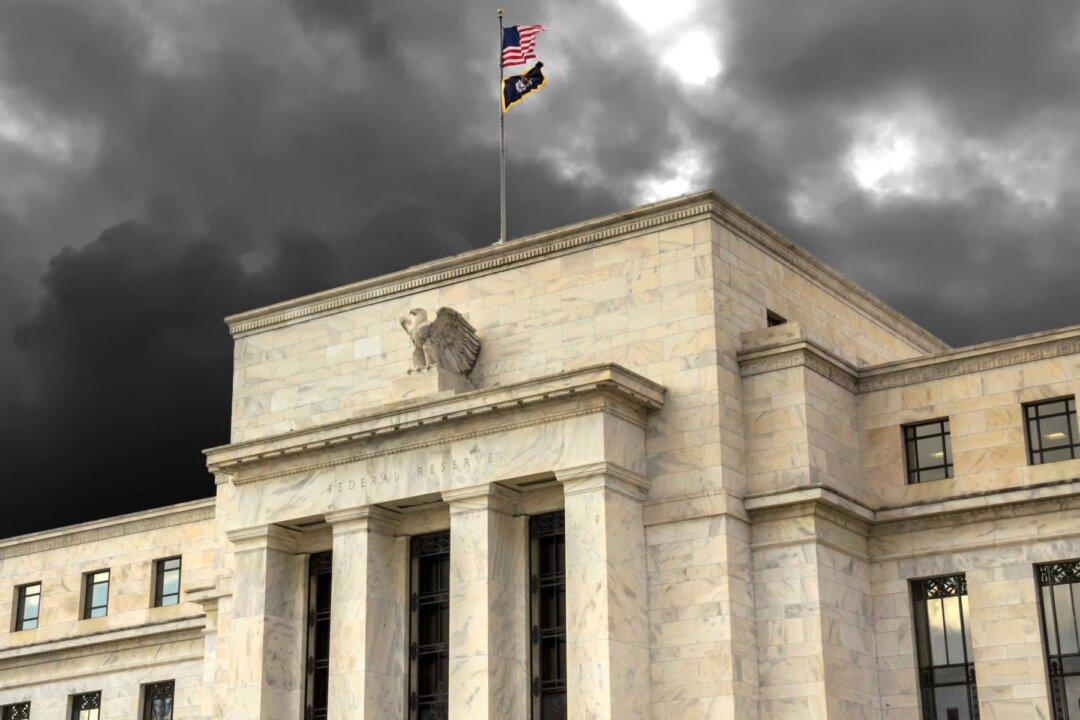Economists predict that the United States will likely enter a recession by the end of this year, with high inflation extending well into 2024, according to a recent semiannual survey.
The March 2023 National Association for Business Economics (NABE) Economic Policy Survey published the responses of 217 members of the organization in a March 27 report.





